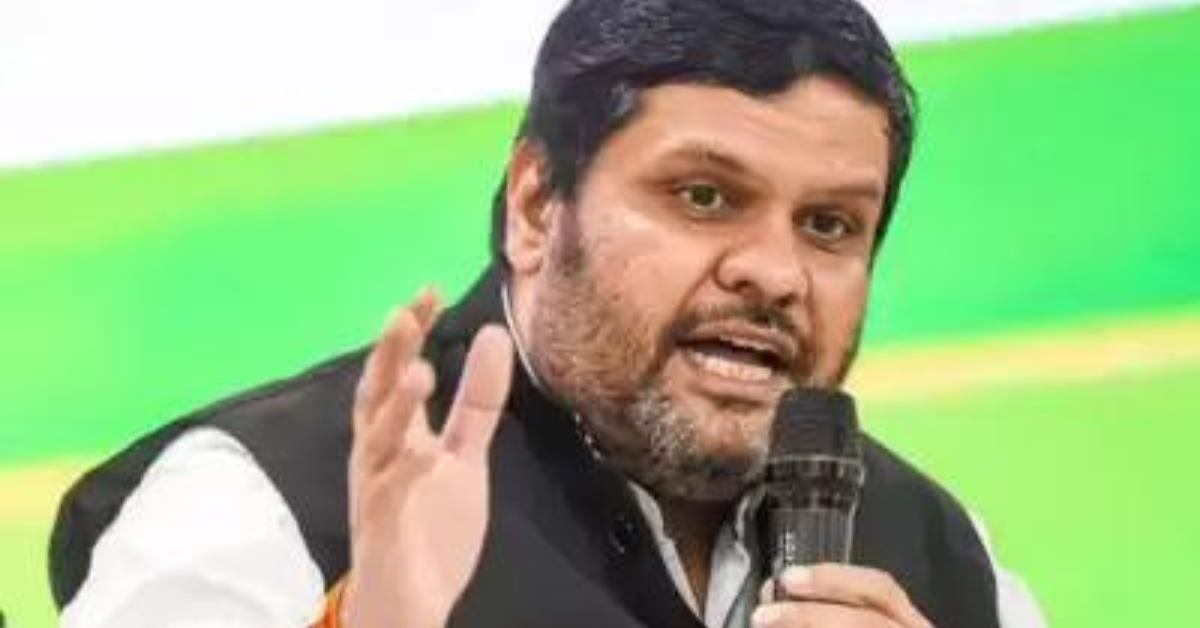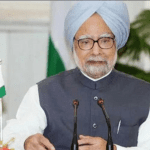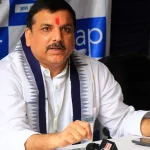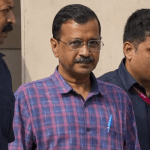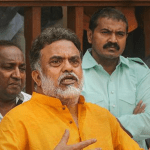The Indian political landscape witnessed a significant upheaval as Congress spokesperson Professor Gourav Vallabh tendered his resignation from all party positions and primary membership. Citing dissatisfaction with the party’s direction and ideological stance, Vallabh’s departure underscores the challenges facing the grand old party as it grapples with internal dissent and struggles to connect with the aspirations of contemporary India. This article delves into the details of Vallabh’s resignation, his scathing critique of the Congress party’s approach, and his political trajectory thus far.
Resignation Amidst Ideological Discord
In a bold and unprecedented move, Professor Gourav Vallabh announced his resignation from all Congress party posts and primary membership, expressing disillusionment with the party’s trajectory. Vallabh lamented the “directionless way” in which the Congress is moving forward, citing an inability to align with the party’s ideological stance on key issues. His decision to step down reflects deep-seated ideological discord within the party ranks and raises questions about its ability to address internal dissent.
Critique of Congress’s Disconnect
In his resignation letter, Vallabh highlighted the Congress party’s failure to establish a ground-level connect with the people, particularly in understanding the aspirations of “new India.” He underscored the significance of bridging this gap to effectively navigate electoral politics and fulfill the role of an effective opposition. Vallabh’s critique echoes broader concerns about the Congress’s relevance in contemporary Indian politics and its capacity to resonate with evolving societal dynamics.
Accusations of Hypocrisy
Central to Vallabh’s critique is the accusation of hypocrisy leveled against the Congress party, particularly in its approach to economic matters and the role of wealth creators in India. He condemned the party’s tendency to vilify wealth creators, despite their pivotal role in shaping the country’s economic landscape. Vallabh pointed to the Congress’s legacy as architects of liberalization, privatization, and globalization policies in 1991, highlighting a stark contradiction in the party’s rhetoric and actions.
Political Trajectory and Electoral Endeavors
Gourav Vallabh’s political journey has been marked by electoral endeavors aimed at challenging entrenched political forces and advocating for progressive change. In the 2019 elections, Vallabh contested from Jharkhand’s Jamshedpur East constituency, garnering significant support despite finishing third behind incumbent CM Raghubar Das and Saryu Roy. His subsequent bid for the Udaipur constituency in the Rajasthan assembly elections of 2023 ended in defeat to BJP’s Tarachand Jain, signaling the challenges of electoral politics in a fiercely contested landscape.
Implications and Future Prospects
Vallabh’s resignation sends ripples through the Congress party, underscoring the urgency of addressing internal dissent and reconnecting with the electorate. His departure highlights broader existential challenges facing the party, including ideological coherence, leadership crisis, and electoral viability. As the Congress grapples with these challenges, Vallabh’s future trajectory remains uncertain, with speculation rife about potential alliances or independent political endeavors.
Conclusion
Professor Gourav Vallabh’s resignation from the Congress party serves as a poignant reminder of the ideological fissures and internal discord plaguing India’s oldest political outfit. His scathing critique of the party’s direction and ideological stance underscores the imperative of introspection and reform within the Congress ranks. As the party navigates turbulent waters, Vallabh’s departure signals a broader reckoning with its past, present, and future in the ever-evolving landscape of Indian politics
